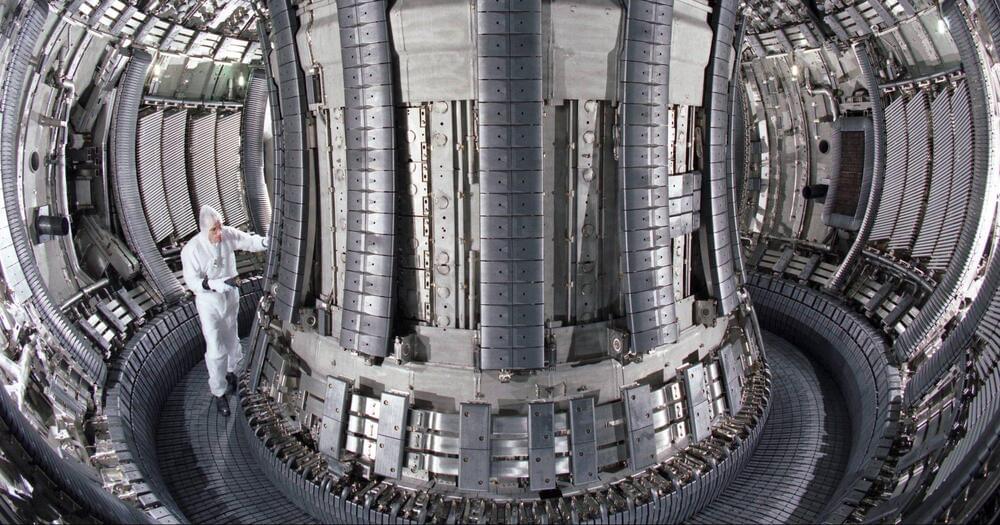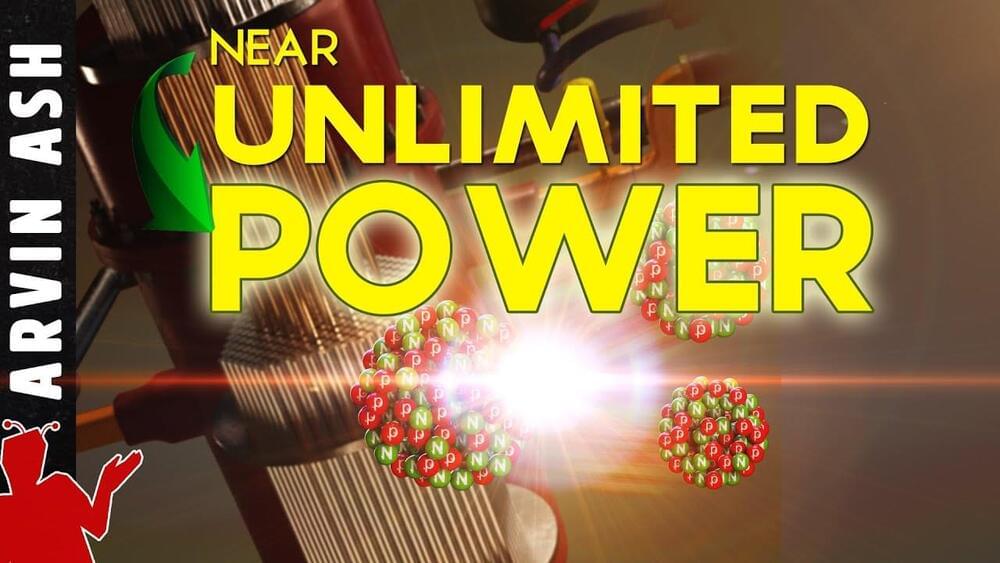Originally published on BBC Earth Facebook, January 2018.
Classic pickup trucks have been wiped out by Tesla, according to Dave Lee. The Cybertruck design is so much superior to any other pickup truck design that it is almost unavoidable that the traditional pickup truck will die a slow death. Let us take a closer look at what he has to say about it.
Since Tesla’s Cybertruck is their most innovative vehicle design yet, any other firm will have a tough time emulating its design. In a recent interview, Tesla’s principal designer discussed the Cybertruck: “It is a return to the fundamentals. Is a pickup vehicle what you are looking for? Do you have any ideas? What would you look for if you arrived from Mars?”
A strong vehicle that is hard to damage or break would benefit from a thick layer of armor plate on the exterior that is immune to gunshots and can be driven into trees without fear of scratching. 
Because you do not have to paint stainless steel, you utilize it. Scratches will not stick to stainless steel. Saving money and time by not having to paint is a huge benefit.
University associations are looking to make research papers and publications open to all by dropping paywalls.
The European University Association (EUA) consists of 850 academic institutions covering 48 countries. Created in 2001 they are responsible for the education and training of more than 17 million students across Europe. In creating the Association, European academics have endeavoured to create a common educational standard and policies related to educational and research accountability and processes. They are not alone in doing this, joined by like-minded organizations such as OA2020, the Max Planck Society open access initiative, and the IFLA, the International Federation of Library Associations and Institutions.
Since the COVID-19 pandemic outbreak, the need to accelerate research and development of new vaccines and medications has fostered a move for greater openness in publishing and sharing research. This has spirited a recently unveiled strategy, the EUA Open Science Agenda 2025 promoting open access to research and scholarly publications, and the removal of paywalls from scientific and academic journals and publications of European origin.
An open science agenda will involve the creation of new systems for evaluating independent research and will make it easier for the scientific and academic community to learn from each other while disseminating information to the general public that will continue to be peer-reviewed.
A nine-month drone delivery pilot in Singapore will explire the use of drones for shore-to-ship parcel delivery of maritime essentials.
Singapore-based ST Engineering, Sumitomo Corporation, and Skyports are joining forces for a nine-month drone delivery pilot, wherein drones will be used for shore-to-ship parcel delivery of maritime essentials.
Traditionally, boats are used to deliver maritime essentials. However, using drones can slash the response time and logistics costs significantly, while speeding up turnaround for shore-to-ship delivery. The group further points out that replacing boat delivery with drones will help to reduce carbon emissions and contribute to the maritime industry’s overall efforts to operate sustainably.
The Joint European Torus (JET) fusion reactor in the UK has generated the highest level of sustained energy ever from atom fusion. On December 21st, 2021, the “tokamak” reactor produced 59 megajoules of energy during a five-second fusion pulse. That’s double what it created back in 1997. (Yes, I know energy is not created or destroyed, but you get what I mean!)
The JET reactor is the flagship experimental device of the European Fusion Program, funded by the EU. It’s mainly designed to prove scientists’ modeling efforts, with an eye on future, bigger experiments with a much larger ITER reactor in France, set to start fusion testing in 2025.
JET hit a Q value of 0.33, meaning it produced about a third of the energy put in. The highest Q value achieved so far is 0.7 by the US Department of Energy’s National Ignition Facility, but it only hit that figure for 4 billionths of a second. The goal with ITER is to reach a Q factor of 10 or greater. Fun fact: ITER isn’t an acronym but means “the path” in Latin. And now you know.
Tesla is planning to build its new design center in Beijing later this year, according to a new document released by the Chinese government.
Shortly after announcing Gigafactory Shanghai, Tesla made it clear that it not only wants to tap into China’s incredible capacity in manufacturing, but it also wants to take advantage of the country’s incredible engineering and design talent.
In early 2020, Tesla announced plans to establish a new R&D center and a new design center in China to build “a Chinese-style” electric car.
As long as humans have built machines, we’ve feared the day they could destroy us. Stephen Hawking famously warned that AI could spell an end to civilization. But to many AI researchers, these conversations feel unmoored. It’s not that they don’t fear AI running amok—it’s that they see it already happening, just not in the ways most people would expect.
AI is now screening job candidates, diagnosing disease, and identifying criminal suspects. But instead of making these decisions more efficient or fair, it’s often perpetuating the biases of the humans on whose decisions it was trained.
Our furry friends are about to fetch new answers to the tough problem of longevity.
The Dog Aging Project (DAP), launched in 2018, is recruiting tens of thousands of loyal canine companions for a comprehensive study. The open-sourced collaborative project, expected to last ten years, has ambitious goals: tackle the thorny problem of what contributes to aging, and test ways to prolong healthy longevity.
Aside from its massive scale—it’s the largest data-gathering program of its kind—the project stands out in that it eschews the usual method of using lab animals, grown in carefully-controlled environments and often inbred. Instead, DAP is recruiting dogs from across the country, with a smorgasbord of breeds, ages, and environments.
Nuclear power may not be as bad as you think. If we used Thorium instead of Uranium, we could greatly decrease dangerous radioactive by-products. There is enough Thorium in the world to meet all our energy needs for over 1,000 years.
In this video I show you how nuclear power plants work, and how Thorium can change the game. I aim to shift your views on nuclear power.
This is how energy is created in a nuclear reactor: When you split some heavier atoms into two lighter atoms, you get a lot of energy. For example, if you hit an isotope of Uranium, Uranium-235 with a neutron at the right speed, it will split into two lighter atoms like barium-141 and krypton-92 & 3 neutrons. These neutrons then split other U-235 atoms, leading to a chain reaction, producing more and more energy.
Starship is threatening NASA’s moon contractors, which are watching its progress with a mix of awe and horror.










